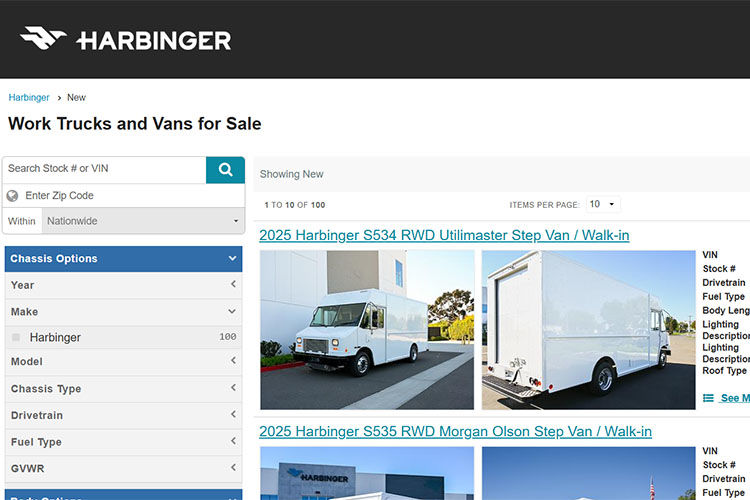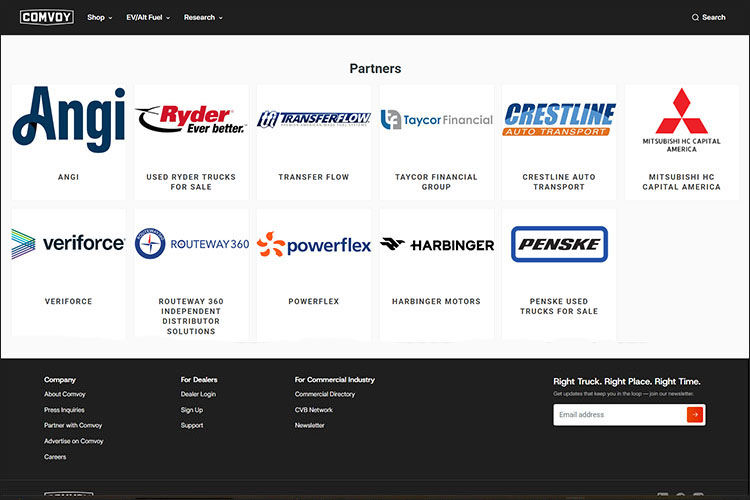Propane Powers the Future of Fleet EV Charging


Propane Powers the Future of Fleet EV Charging
As electric vehicles (EVs) increasingly become integral to fleet operations, the demand for reliable and sustainable charging solutions is rising. However, the electric grid is struggling to keep pace with the rapid expansion of EVs, creating significant challenges for fleet owners. In some cases, fleets may be waiting up to three years before infrastructure can be installed.
In response, propane-powered EV charging systems are emerging as a critical solution, offering a combination of cost-effectiveness, sustainability, and grid independence. The technology utilizes a small-scale, self-sufficient power grid system, known as a nanogrid, powered by renewable energy sources like wind, solar, and a propane-powered generator. And because propane is abundant and resilient, it is uniquely poised to become an essential fuel of the future for propane-powered EV charging. This shift is particularly important as the transportation sector continues to explore diverse energy sources to ensure operational resilience. Today, multiple companies are providing solutions, including Enviro Charge, EV Power Pods, e-Boost, and Momentum Group.
Reliability When It Matters
One of the biggest concerns fleet owners have when making the transition to electric is how they’re going to charge those vehicles—especially if the grid goes down. Propane-powered EV charging eliminates this worry because the nanogrid is charged independently of the electric grid, so EV fleets will not be grounded. With solar and wind power working in tandem with the propane-powered generator, EVs can recharge regardless of the unexpected. Not to mention, these systems are portable and can be moved and installed in as little as 24 hours in areas where it’s needed most.
Focus on Sustainability
While some off-grid charging solutions using diesel generators have faced ridicule in recent months for being a dirty solution to an otherwise environmentally friendly vehicle option, fleet owners that choose propane-powered charging solutions won’t have that same worry. Propane is a low-carbon energy source that reduces harmful emissions, accelerates decarbonization, and is non-toxic to groundwater and soil. In light commercial microgrid applications (240kW generation system), propane offers environmental benefits with minimal nitrogen oxide and carbon monoxide emissions, along with a 24% decrease in carbon dioxide emissions compared to diesel.
Cost-Effective and Accessible
At the end of the day, if a clean and reliable solution isn’t cost-effective for a business, it’s not viable. Companies need to be financially sustainable to be environmentally sustainable. Compared to traditional EV charging infrastructure, propane-powered EV charging solutions are typically less expensive because they don’t require the same site preparation, permanent housing, or other costly charges that are incurred with permanent infrastructure. In fact, in some cases, it cuts costs by as much as 75% or more. The abundant availability of propane in the United States likewise makes it a convenient and affordable option for EV charging nationwide.
Dual-Purpose Solution
More fleet owners are deciding against operating an entire fleet with just one fuel type. Instead, they’re choosing multiple energy sources to work in the duty cycle in which each is best suited. In many cases, there are fleets operating both EVs and propane autogas vehicles—EVs for shorter routes with a smaller payload, and propane autogas for routes that require a longer range, heavier payload, and increased reliability.
For those fleets, there are even dual-purpose refueling and recharging solutions. The propane tank used to recharge the vehicles is connected to a refueling dispenser for propane autogas vehicles. This gives businesses the freedom to operate both propane autogas and EVs with one refueling/recharging setup.
The future of fleet EV charging does not rely solely on the electric grid. Propane-powered solutions offer fleet owners the opportunity to enhance their operations, meet sustainability goals, and reduce costs. As the EV market continues to expand, those who embrace propane-powered charging will be better equipped to navigate the complexities of a rapidly evolving energy landscape.
For more information on how propane can reliably power vehicles or provide power generation needs, visit Propane.com.
Author:
 | Jim Bunsey is the Senior Manager of Business Development for the Propane Education & Research Council. Jim can be reached at jim.bunsey@propane.com. Visit Propane.com for more information. |
SHOP ADVANCED FUEL VEHICLES NOW
Published on: September 04, 2024 Driving Business Growth Through Financial Flexibility: How You Buy Your Truck Matters
Driving Business Growth Through Financial Flexibility: How You Buy Your Truck Matters The Comvoy 2026 Event Calendar: We’ll See You There
The Comvoy 2026 Event Calendar: We’ll See You There Wheel Safety Is Your Business: How to Protect Your Fleet and Your Bottom Line
Wheel Safety Is Your Business: How to Protect Your Fleet and Your Bottom Line Harbinger Electric Step Vans and Cab Chassis Vehicles Now Available on Comvoy
Harbinger Electric Step Vans and Cab Chassis Vehicles Now Available on Comvoy Comvoy’s Partner Network: Your Shortcut to Smarter Fleet Solutions
Comvoy’s Partner Network: Your Shortcut to Smarter Fleet Solutions







